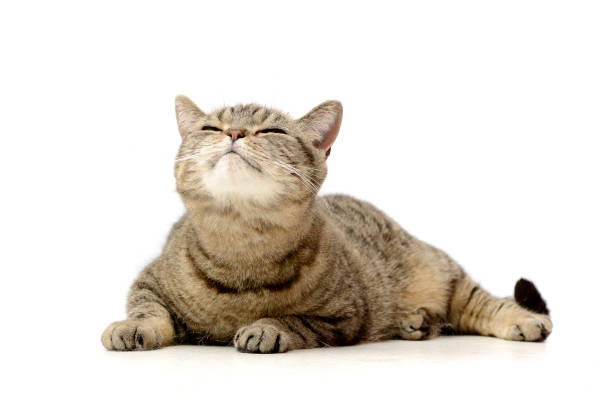What Every Pregnant Woman Should Know About Cat Litter.
What Every Pregnant Woman Should Know About Cat Litter.
Blog Article

Anticipating a kid is a jubilant occasion, however it also features a myriad of responsibilities and considerations, particularly for animal owners. Among the lots of concerns that emerge during pregnancy, one that typically flies under the radar is the issue of cat litter. While apparently innocuous, cat litter can present threats to pregnant ladies and their coming babies if not dealt with properly. In this article, we dig into the necessary information every expectant mom who owns a feline ought to understand to make sure a safe and healthy pregnancy.
The primary interest in cat litter throughout pregnancy lies in its association with toxoplasmosis, a parasitic infection caused by the Toxoplasma gondii parasite. Felines, especially those who spend time outdoors, can become contaminated with this parasite by searching and consuming contaminated prey or by entering contact with infected soil. Once infected, cats can shed the parasite in their feces for a short duration, typically one to two weeks, which is when they become providers of the illness.
Toxoplasmosis itself may not cause any symptoms in healthy individuals, but it can have serious effects for pregnant females and their unborn babies if contracted during pregnancy. The parasite can be transferred to human beings through unexpected ingestion of contaminated cat feces, soil, or undercooked meat including the parasite's cysts. In pregnant ladies, toxoplasmosis can result in miscarriage, stillbirth, or genetic specials needs in the baby, such as hearing loss, vision impairment, or intellectual disabilities.
Given the prospective risks connected with toxoplasmosis, pregnant ladies are frequently recommended to take preventative measures when managing cat litter. Here are some necessary actions to decrease the threat of infection:
If possible, ask a partner, household member, or good friend to take control of the job of cleaning up the litter box throughout pregnancy. This lowers direct exposure to feline feces, decreasing the danger of cat litter box infection.
If you should clean the litter box yourself, wear disposable gloves and a mask to prevent direct contact with the feces and inhalation of airborne particles.
Ensure the litter box is cleaned up daily. The Toxoplasma gondii parasite needs a duration of one to 5 days to become infectious after being shed in cat feces. Prompt elimination of feces decreases the opportunity of transmission.
After dealing with cat litter or cleaning the litter box, wash your hands thoroughly with soap and water to get rid of any possible contamination.
Avoid gardening or dealing with soil, especially without gloves, as it may consist of Toxoplasma gondii cysts from feline feces.
To minimize the danger of contracting toxoplasmosis from food, ensure all meat is prepared completely to kill any parasites present.
n addition to taking precautions when handling cat litter, pregnant females might also consider changing to alternative litter options that posture very little danger. Here are some cat litter robot alternatives to standard clay-based cat litter:
Silica gel litter is highly absorbent and effectively manages smell. It positions a lower risk of harboring parasites compared to clay-based litter.
Litters made from natural products such as recycled paper, wood pellets, or corn are naturally degradable and environmentally friendly. These litters are generally thought about safe for pregnant ladies to handle.
Litters stemmed from plant-based materials like wheat, corn, or pine use an environment-friendly alternative to traditional clay litter. They are devoid of harmful chemicals and are safe for pregnant females and their animals.
As with any issues during pregnancy, it's vital to consult your health care service provider for tailored recommendations and recommendations. If you have any concerns or uncertainties relating to cat litter and its potential threats, don't think twice to discuss them with your obstetrician or midwife. They can provide assistance tailored to your specific circumstances and assist reduce any issues you may have.
While owning a feline can bring immense happiness and friendship, it's important for pregnant females to cat litter scooper be knowledgeable about the possible risks connected with cat litter and take appropriate safety measures to secure their health and the health of their unborn kid. By following basic guidelines and looking for assistance from doctor, expectant mothers can navigate this element of pet ownership securely and enjoy a stress-free pregnancy along with their feline companions.